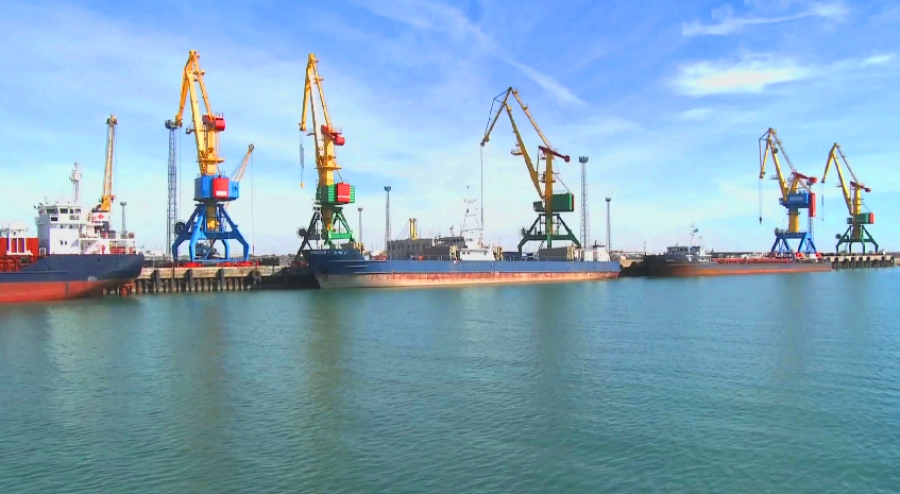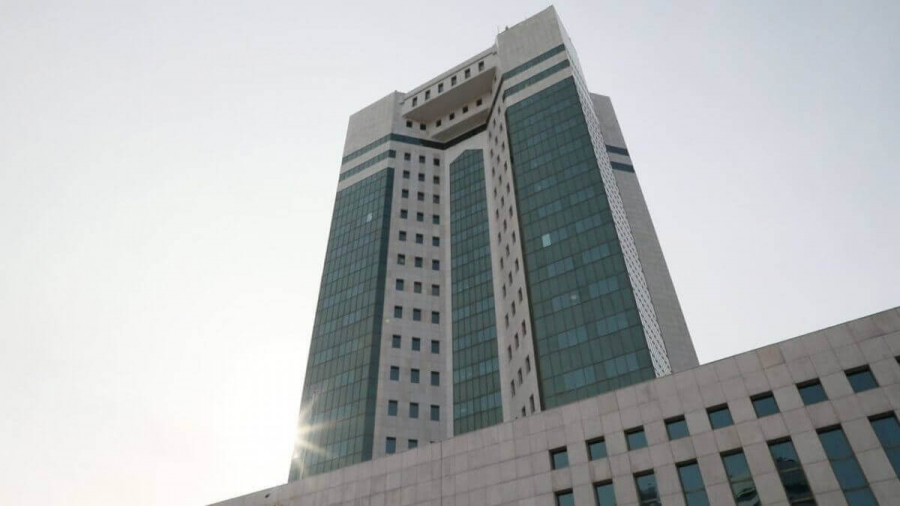
Kazakhstan is set to implement a number of new
projects over the next two years, aimed at increasing the country’s energy
system capacity by three gigawatts. A new gas processing plant at Kashagan, the
Taldykorgan - Usharal main gas pipeline, and the second line of the
Beineu-Bozoi-Shymkent pipeline are also planned to be launched in 2026. The
implementation of President Kassym-Jomart Tokayev’s directives announced at the
National Kurultai was discussed at a government meeting with the participation
of Prime Minister Olzhas Bektenov. Thus, a law on border area development will
be drafted, along with a regional policy concept aimed at eliminating regional
development imbalances. A major infrastructure project in the transport sector
will significantly shorten the route between the central and western regions by
introducing a nearly 800-kilometer corridor. Bektenov was briefed on plans to
significantly expand the country’s data center capacities and integrate
artificial intelligence into budget planning. In the agricultural sector, three
projects worth $560 million will be launched over the next three years. Efforts
will also focus on preserving biodiversity and enhancing environmental
awareness. Bektenov emphasized the need for high-quality and efficient work
across all areas and issued a number of directives.
«The Head of State noted in his speech that
economic growth is linked to the implementation of major infrastructure and
energy projects, digitalization, and the development of human capital.
President Tokayev expressed support for the government’s reforms in tax policy.
As you know, the first package of amendments has already been submitted to the
Mazhilis, the Lower House of the Kazakh Parliament, for consideration. At the
same time, special attention should be paid to the optimal spending of budget
funds, ensuring the revenue part of the national budget, and enhancing the
adoption of new digital technologies in government agencies and the
quasi-public sector, including those incorporating elements of artificial
intelligence,» Bektenov noted.









